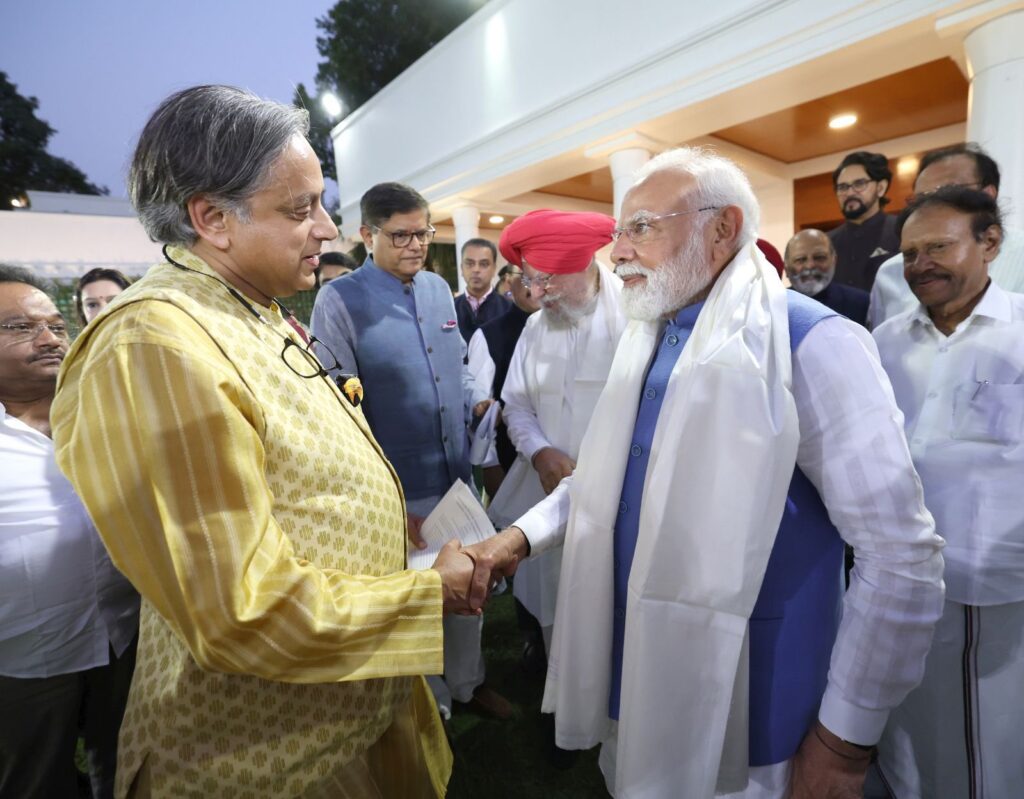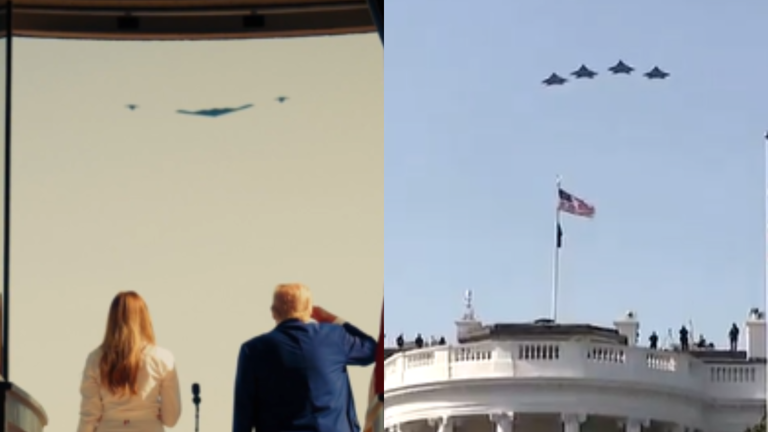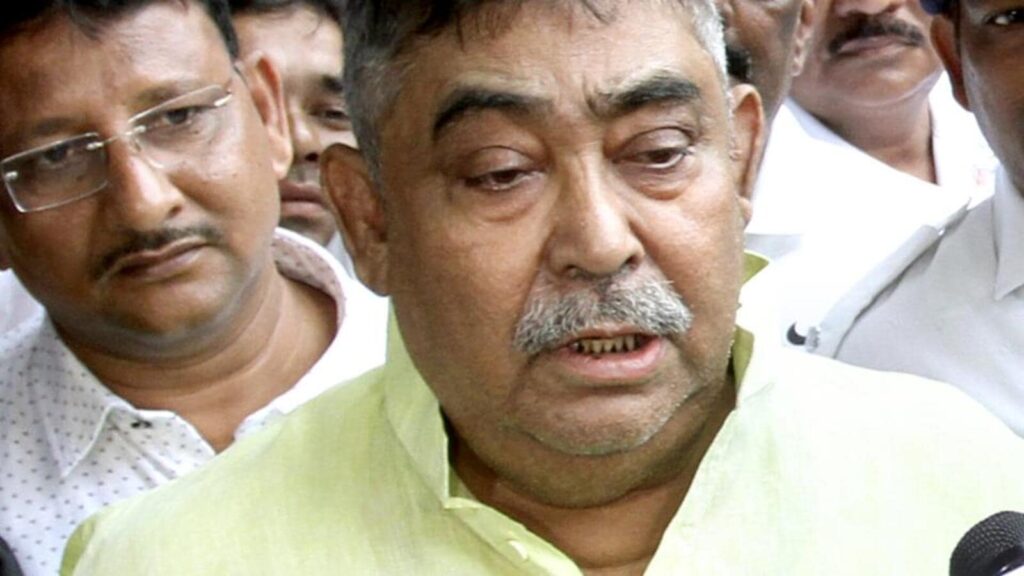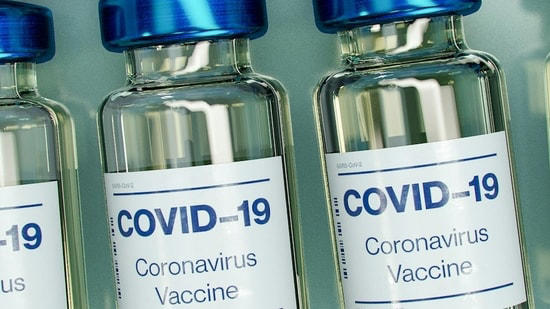Cross-Party Delegations Debrief on Global Outreach Exposing Pakistan’s State-Sponsored Terrorism
On June 10, 2025, Prime Minister Narendra Modi welcomed over 50 members of the Operation Sindoor delegations to his official residence on Lok Kalyan Marg in New Delhi. These cross-party groups—comprising current MPs, former parliamentarians, and veteran diplomats—had spent the past month crisscrossing more than 30 global capitals to advance India’s anti-terrorism diplomacy. Their mission: to present irrefutable evidence of Pakistan-backed terrorism, forge new alliances, and underscore India’s zero-tolerance policy on terror. PM Modi’s meeting underscored the importance of bipartisan unity in strengthening India’s national security narrative on the world stage.
Operation Sindoor Delegations Spotlight Pakistan’s Terror Networks
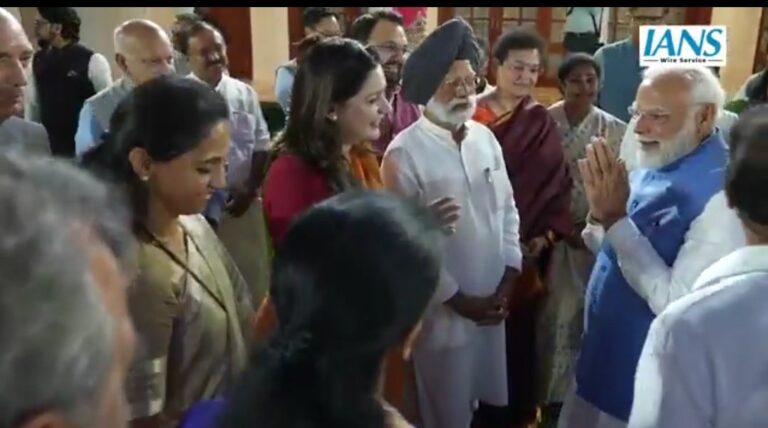
Under the banner of Operation Sindoor, seven multi-party delegations carried detailed dossiers on high-profile attacks—such as Uri, Pulwama, and recent cross-border skirmishes—to influential lawmakers, think tanks, and media outlets in Washington, London, Berlin, Tokyo, and beyond. Each visit combined:
- Evidence Presentation: Photographs, intercepted communications, and financial trails linking militant outfits like Lashkar-e-Taiba and Jaish-e-Mohammed to elements within Pakistan’s deep state.
- Policy Dialogues: Roundtables with foreign security committees where delegates urged action through the Financial Action Task Force (FATF) and UN Security Council resolutions, calling for targeted sanctions and financial curbs on terror syndicates.
- Media Engagement: Press briefings and opinion pieces in leading international outlets to shape global perceptions and build pressure on Islamabad.
Delegates reported overwhelmingly positive receptions, with many foreign officials acknowledging the credibility of India’s evidence. The strategic emphasis on cross-party delegation amplified India’s message, demonstrating that counterterrorism transcends domestic politics. By showcasing a united political front, India not only reinforced its sovereignty but also enhanced its moral authority in multilateral forums.
Bipartisan Unity Shapes India’s Future Counterterrorism Strategy
These MPs defended India abroad. pic.twitter.com/7GuSxP9F6j
— Times Algebra (@TimesAlgebraIND) June 10, 2025
During the debrief, PM Modi lauded the rare display of bipartisan solidarity. “When India speaks together, the world listens together,” he remarked, highlighting how unity on national security amplifies diplomatic impact. He directed officials to consolidate delegate feedback into a comprehensive whitepaper on anti-terror diplomacy, which will guide India’s posture at upcoming summits such as the G20 Counter-Terror Working Group, the UN General Assembly, and SCO security meetings.
Key outcomes from the meeting include:
- Centralized Intelligence Repository: Establishing a dedicated task force to integrate shared intelligence, ensuring real-time data exchange between the Ministry of External Affairs, Intelligence Bureau, and parliamentary stakeholders.
- Expanded Diplomatic Outreach: Planning follow-up missions to African Union and ASEAN capitals where India aims to build new counterterrorism coalitions.
- Institutionalizing Cross-Party Mechanisms: Proposing a Parliamentary Counterterrorism Committee that regularly briefs MPs, irrespective of party affiliation, to maintain sustained pressure on terror-harboring states.
This approach signals a shift from ad-hoc diplomatic pushes to a permanent framework for India’s global anti-terror efforts. By embedding legal cooperation, financial sanctions, and public diplomacy into a unified strategy, India positions itself as a responsible leader in the global fight against terrorism.


